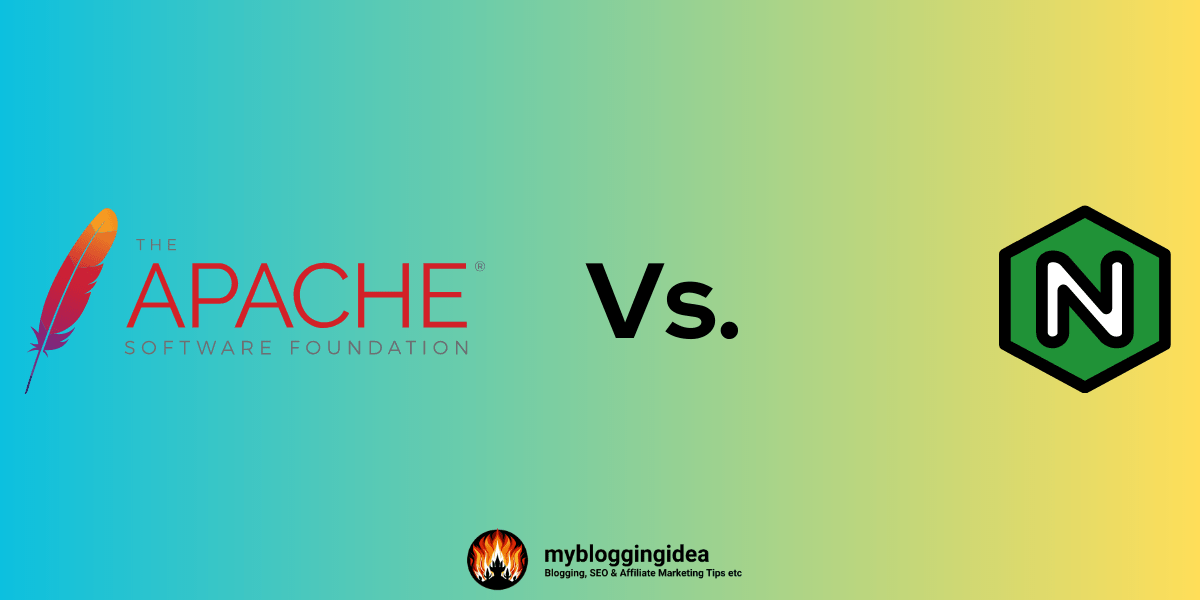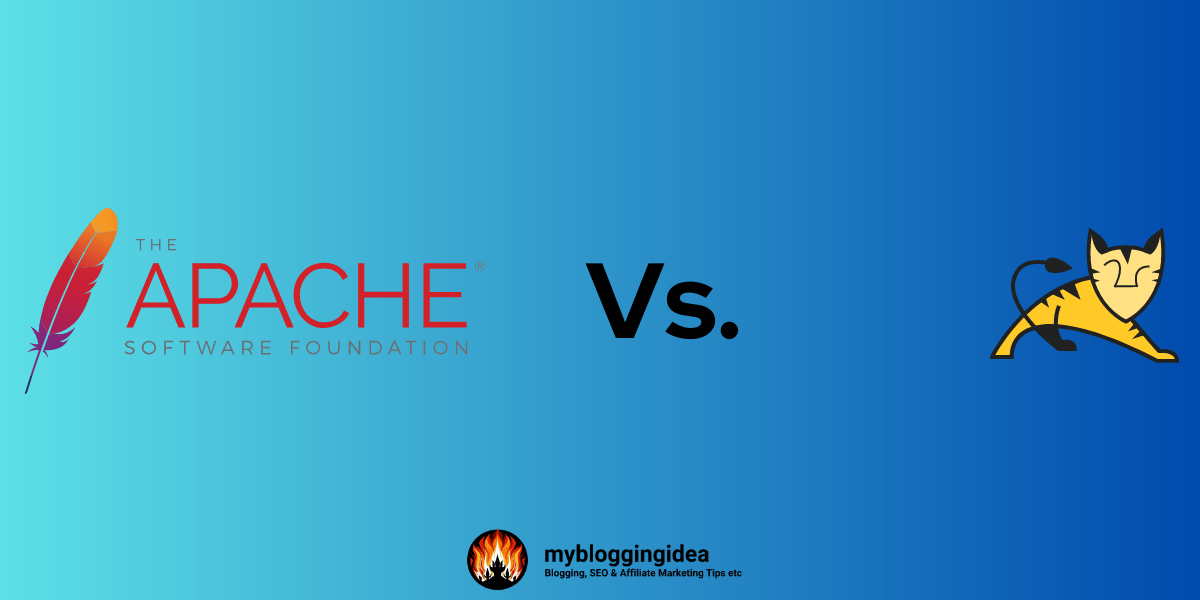Apache server is among the go-to web servers for website owners, developers, and even hosting companies, controlling the market share by 33% throughout all websites.
Many hosting company, for instance, the hosting facilities operate on Litespeed, an additional preferred web server. This particular setup substantially enhances the strengths of both web servers, enabling us to serve optimum efficiency for our customers.
What Is Apache?
Apache is a free and open-source application that permit users to deploy their websites on the web. It is among the oldest and most dependable web server software kept by the Apache Software Foundation, with the first variation launched in 1995.
What Is a Web Server?
File servers, database web servers, mail servers, and web servers use different types of server software. Each of these applications can obtain files stored on a physical server and also utilize them for different purposes.
The job of a web server is to offer websites on the internet. To accomplish that objective, it acts as a middleman between the server and customer machines. It pulls web content from the web server on every user request and delivers it to the web.
The most incredible difficulty of a web server is to offer various web individuals simultaneously– each of whom is asking for various web pages. Internet servers process files written in different programming languages such as PHP, Java, Python, and others.
They transform them into static HTML files and offer these data in the web browser for internet users. When you listen to the word web server, think about it as the machine in charge of the proper server-client communication.
How Does Apache Web Server Work?
Although we called Apache a web server, it is not a physical server but instead an application that operates on an HTTP web server. Its task is to develop a connection between a web server and website visitors' internet browsers (Firefox, Google Chrome, Safari, and so on) while supplying files to and forth between them (client-server structure). The Apache software is additionally compatible with any type of operating system, from Windows to Unix.
When a site visitor intends to load a page on your site, as an example, the homepage or your “About Us” page, their internet browser sends a demands to your server, and Apache back a response with all the request-for files (message, images, and so on).
The server and the client connect with the HTTP procedure, and the Apache web server is accountable for the smooth and safe interaction between both machines.
Apache is highly personalized, thanks to its open-source framework. Due to this, internet developers and users can adapt their source code according to the type of site they're creating.
Additionally, Apache gives a lot of modules that allow server administrators to transform extra functionalities on and off. The Apache internet server has modules for safety and security, caching, link rewriting, password authentication, and other features.
To set up Apache, you'll require to access .htaccess. This Apache setup file is supported by all hostings company plans.
Apache HTTP Web Server Vs. Other Web Servers
Close to the Apache web server, there are several various other prominent options. Each web server application has been produced for a different function. While Apache web server is the most commonly used, it has several choices and also competitors.
Apache Vs. NGINX

Nginx pronounced Engine-X, is a complimentary, open-source software. Compared to Apache, it is an extra current web server application launched in 2004.
Nginx was developed to address the supposed c10k issues, meaning that a web server that uses threads to deal with user requests is unable to manage greater than 10,000 connections at the same time.
Since Apache uses the thread-based framework, owners of high-traffic websites might experience performance problems. Nginx is just one of the web servers that address the c10k problem and is also most likely the most effective one.
Nginx has an event-driven architecture that doesn't build a brand-new process for each request. Instead, it handles each incoming request in a single thread. This master process manages numerous worker processes that perform the actual handling of requests. The event-based model of Nginx distributes individual requests between worker processes in an efficient method, for that reason resulting in much better scalability.
If you require to manage a high-traffic website, Nginx is an excellent option, as it can do that by utilizing minimal resources. It can not be a coincidence that it's used by numerous high-visibility websites such as Netflix, Hulu, Pinterest, and Airbnb.
Nonetheless, for minor and medium players, Apache comes with a handful of benefits over Nginx, such as its easy configuration, great deals of components, and also a beginner-friendly environment.
Apache vs. Tomcat

Tomcat is a prominent web server likewise developed by the Apache Software Foundation. Hence its official name is Apache Tomcat. Just like to Apache, Tomcat is an HTTP server. Nonetheless, its core functionality powers Java applications instead of static websites. Tomcat can run several different Java requirements, such as JavaServer Pages (JSP), Java Servlet, , Java EL, and WebSocket.
Tomcat has been developed mainly for serving dynamic web content that runs on Java applications, while Apache is a general-purpose HTTP web server. You can utilize Apache and different program languages (Perl, PHP, and Python, etc.) with the help of suitable Apache components (mod_php, mod_python, mod_perl, etc.).
Although you can make use of a Tomcat server to serve static websites also, it's much less reliable for that objective compared to the Apache server. For example, Tomcat pre-loads the Java Virtual machine and other Java-related libraries you won't rerquire on many websites.
Tomcat is also less configurable compared to another web servers. For example, to run WordPress, the best selection is a general-purpose HTTP web server such as Apache or NGINX.
Apache Pros and Cons
An Apache web server can be an exceptional choice for running your website on a stable and functional platform. However, it likewise includes some disadvantages you require to take note of.
Pros:
- Open-source and free, even for business use.
- Trustworthy, stable software.
- Frequently updated protection patches.
- Flexible because of its module-based structure.
- Easy to configure, beginner-friendly.
- Cross-platform (deals with both Unix and also Windows servers).
- Optimal deliverability for fixed files and compatibility with any type programming language (Python, PHP, and so on).
- Works out of the box with WordPress websites.
- Extensive community and also quickly readily available support in case of any problem.
Cons:
- Efficiency problems on very traffic-heavy websites.
- Way too many configuration options can cause safety vulnerabilities.
So, What Is Apache?
One of the most prominent web servers, Apache, allows you to run a secure and safe website without excessive headaches. It is free and open-source, making it a regular selection of solopreneurs and local businesses that want an existence on the web.
The means Apache HTTP server functions is that it will get requests from the web browser, such as Microsoft Edge and Google Chrome, and transform programming scripts into web pages whose contents are visible to the site visitors.
You can set up a WordPress website on an Apache web server without personalization. Besides, the Apache server works seamlessly with many other content management systems (Joomla, Drupal, and so on), web frameworks (Django, Laravel, etc.), and programming languages. It makes it a solid pick for all types of hosting platforms, such as VPS or shared hosting.
Hopefully, this article offers all the responses you need to know regarding what Apache is. Leave any comments below if you still have questions regarding this web server!






